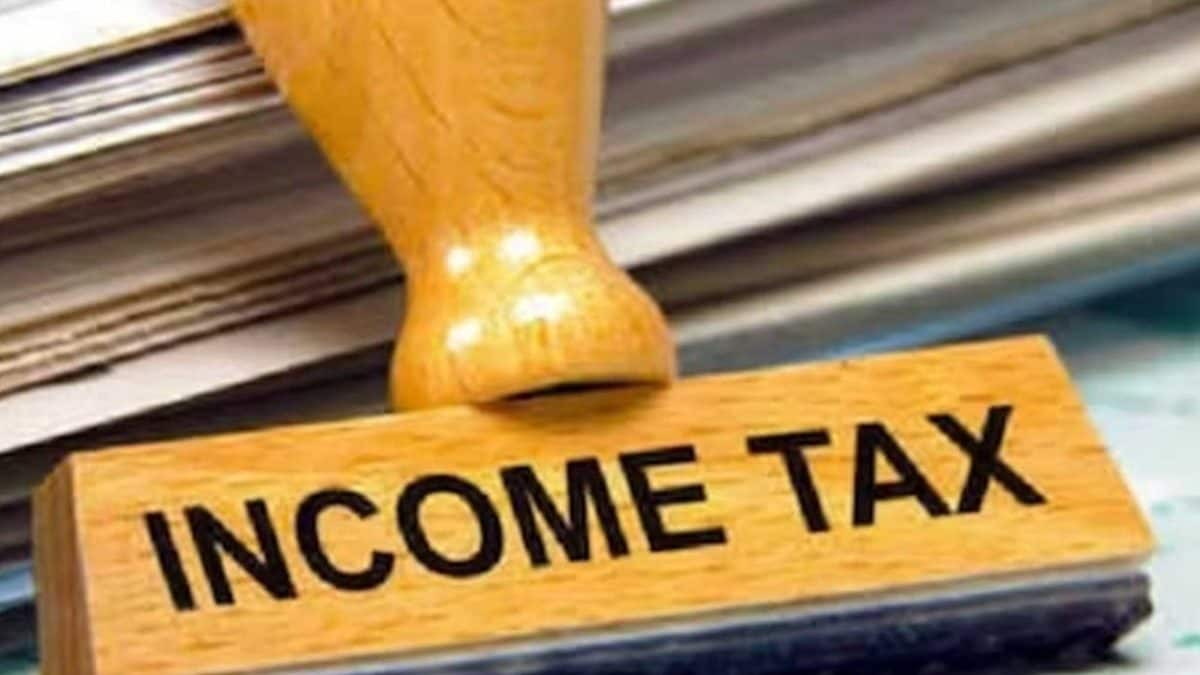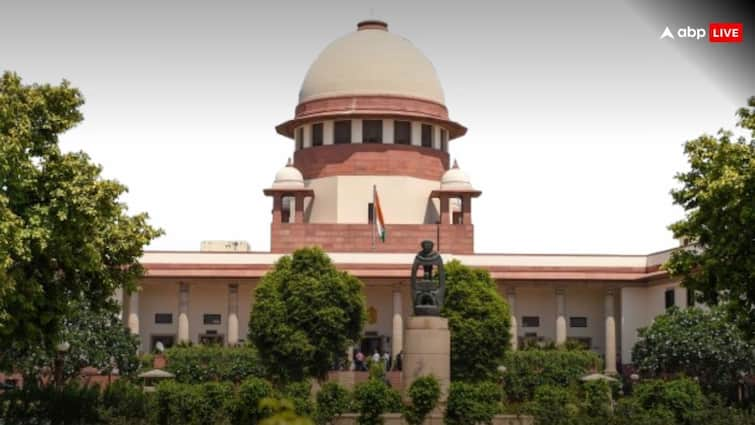- April 10, 2023
No Penalty for Mere Belated Remittance of TDS After Deduction Under Section 271C of IT Act: SC

The top court noted that section 271C of the Act deals with penalty for failure to deduct TDS.
It noted the relevant words used in section 271C (1)(a) are ‘fails to deduct’ and it does not speak about belated remittance of the TDS
The Supreme Court Monday held that no penalty shall be leviable under section 271C of the Income Tax Act over mere belated remittance of the tax deducted at source (TDS) after its deduction by the assessee concerned.
The top court noted that section 271C of the Act deals with penalty for failure to deduct TDS.
It said as per settled position of law, the penal provisions are required to be construed strictly and literally and as per the cardinal principle of interpretation of statute and more particularly, the penal provision, “the penal provisions are required to be read as they are.”
“Nothing is to be added or nothing is to be taken out of the penal provision. Therefore, on plain reading of section 271C of the Act, 1961, there shall not be penalty leviable on belated remittance of the TDS after the same is deducted by the assessee,” a bench of Justices MR Shah and CT Ravikumar said.
It said section 271C of the Income Tax Act is quite categoric and its scope and extent of application is discernible from the provision itself in unambiguous terms.
The bench delivered its judgement while dealing with the legal question which came up for its consideration in the appeals against a judgement of the Kerala High Court which had confirmed the levy of interest/penalty under section 271C of the Income Tax Act, 1961 on failure of the respective assessees to deposit the TDS (or belated remittance of the TDS).
The top court noted in its verdict that the counsel appearing on behalf of the Income Tax department had submitted before it that the object and purpose of inserting section 271C was to “levy the penalty for failure to deduct tax at source”.
It noted the relevant words used in section 271C (1)(a) are ‘fails to deduct’ and it does not speak about belated remittance of the TDS.
“Therefore, on true interpretation of section 271C, there shall not be any penalty leviable under section 271C on mere delay in remittance of the TDS after deducting the same by the concerned assessee. As observed hereinabove, the consequences on non-payment/belated remittance of the TDS would be under section 201(1A) and section 276B of the Act, 1961,” the bench said.
It said in the case before it, as the respective assessees remitted the TDS, though belatedly, and it is not case of non-deduction of the TDS at all, they are not liable to pay the penalty under section 271C of the Act.
“….the question of law on interpretation of section 271C of the Income Tax Act is answered in favour of the assessee(s) and against the Revenue and it is specifically observed and held that on mere belated remitting the TDS after deducting the same by the concerned person/assessee, no penalty shall be leviable under section 271C of the Income Tax Act,” the bench said, while allowing the appeals.
Read all the Latest Business News here
(This story has not been edited by News18 staff and is published from a syndicated news agency feed)







